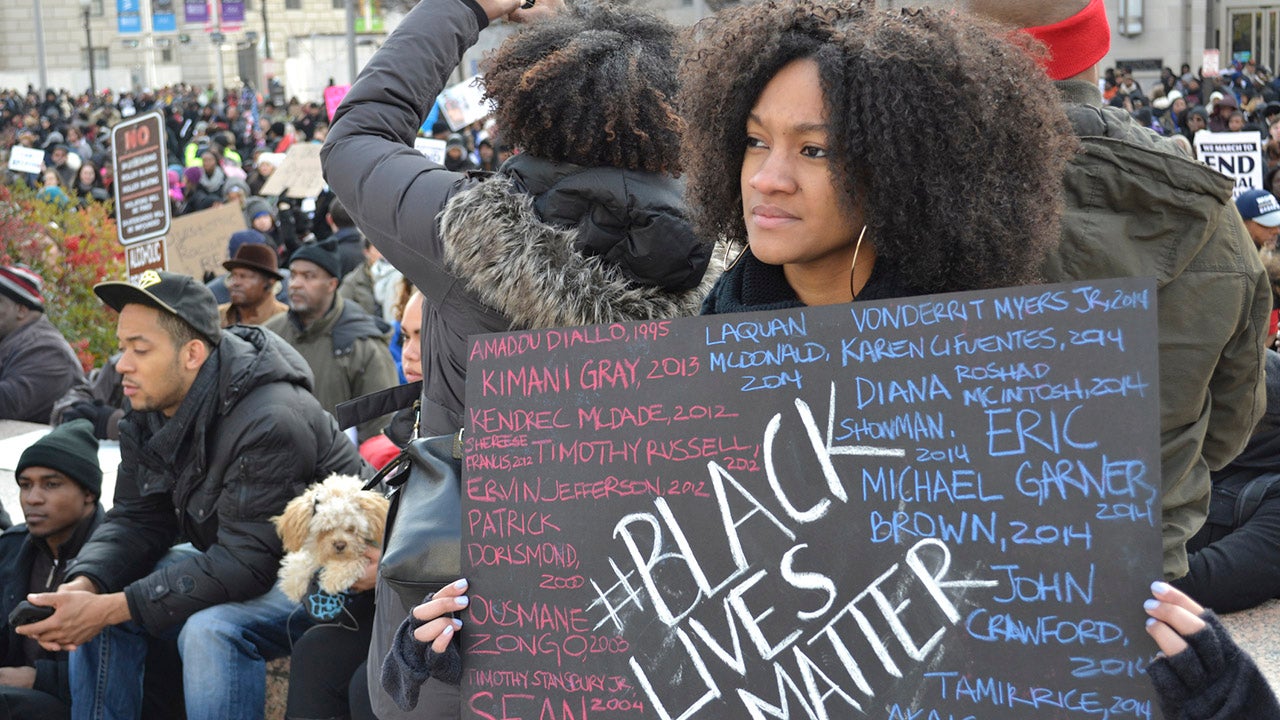George Floyd’s arrest and eventual murder began with a phone call to police. The caller accused George Floyd of using counterfeit cash at a convenience store. My head spun upon learning this. Here we are, amidst a pandemic and ensuing economic fallout unlike any of us have seen in our lifetime, and people are calling police with accusations of counterfeit cash.
As a fellow at the Aspen Institute Financial Security (Aspen FSP), I work on our efforts to reduce consumer debt within my team’s broader efforts to build a more inclusive economy and ensure comprehensive household financial security. The issues we tackle at Aspen FSP cannot be separated from the effects of COVID-19, the murder of George Floyd, or the public response that has followed.
Over 42 million Americans have filed for unemployment. When rent was due the first month after entering quarantine, 30% of renters in professionally managed apartments had not paid their rent by April 5. Millions more are now struggling to pay rent and a host of other bills. Amidst the uncertainty of our overlapping crises, many of us forget that prior to the pandemic, individuals and households across the US were already struggling. In 2016, forty percent of families lived on $33,000 or less and seventy-seven percent of Americans held some form of debt. It is not uncommon for households to lack any sort of emergency savings.
For Black individuals and households, these statistics are even more alarming. White families have on average seven times the wealth of Black families. The median wealth of a Black college graduate is less than that of a White person without. In Minneapolis, the disparity between Black and White homeownership rates is one of the worst in the country and Black households in the city are significantly more likely to be food insecure (a reality also true across the country).
I, like most reading this post, did not know George Floyd personally, but upon hearing that he had been accused of using a counterfeit $20 bill, I did not think, How could he? I thought, How did we fail him? How did we create a system that would allow for a suspected counterfeit bill to escalate to murder?
We have watched people across the country try to process this tragedy. But how do you process watching someone be murdered, pinned, and suffocated, over a period of eight minutes and 46 seconds, at the hands of the people who, we are told repeatedly, are paid to serve and protect? Especially when you have seen similar acts of needless violence countless times before?
The response to the murder of George Floyd is further proof that systemic racism does not only manifest in police brutality. Systemic racism perpetuates widespread pain and economic insecurity—and it means that during a pandemic, Black, Indigenous, and People of Color are the most likely to suffer health effects as well as economic ones.
As I watched footage of protests and riots across the country, I found myself fixating not on what was being destroyed, but the items people were grabbing. I noticed many were grabbing household items. In one video, I distinctly remember seeing an employee of a store take goods from the store at which they were employed. While watching, I circled back to the same question: how did we let this happen? I cannot speak for those in the videos. However, this felt like a sign that we had failed them as well.
We have failed to provide people with basic financial security—whether that be steady, fair wages, or the ability to save. Black people have unequivocally faced the brunt of this failure. We see it in wealth disparities and the horrific COVID-19 mortality rates (2.4 times higher than that of Whites) among Black communities in every corner of our country.
Black people across the US have been stressed. The pandemic has compounded this stress and created a time bomb. The frequent murders of Black men and women and consecutive murders of Ahmaud Arbery, Breonna Taylor, and George Floyd lit the fuse and illuminated just how much we – each and every one of us who has allowed the physical, emotional, and economic violence against Black people in the US to persist to this day – have failed.
We must address not just the overt brutality, but an economic system that does not adequately compensate Black workers, prevents Black workers from realizing the full economic potential of a degree, disproportionately burdens Black people with fines and fees, and keeps Black families from purchasing homes and building wealth.
We can fix this by coming to terms with institutional racism, acknowledging its complexities and nuances, dismantling these destructive and lethal systems, and developing and implementing solutions that center racial equity. And we do not have to start from scratch. Innovative policies are emerging in many of the same cities where people are protesting. In 2018, Minneapolis ended single-family zoning. In May of this year, St. Paul was selected as one of ten in a cohort of jurisdictions committed to pursuing local fines and fees reform. These are just two examples of the web of solutions needed. The events of the last few weeks are proof that we have a lot more work to do.


